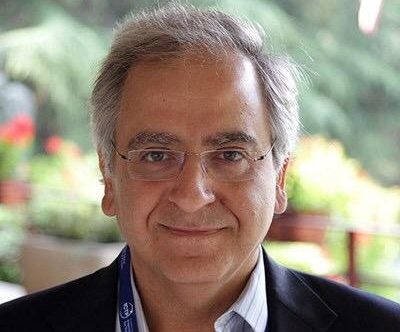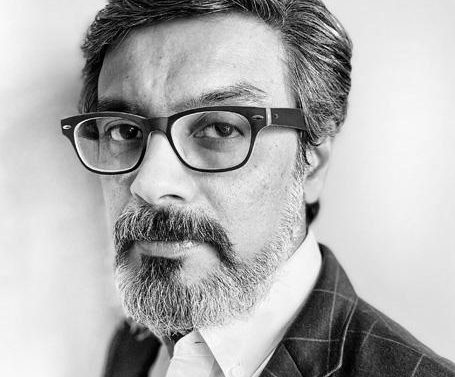Cumrun Vafa is a theoretical physicist who received his BS in Math and Physics from MIT in 1981 and his PhD in Physics from Princeton University in 1985 under the direction of Edward Witten. After completing his studies, he joined the faculty at Harvard University, where he has been teaching ever since. In 2018, he was appointed Harvard’s Hollis Professor of Mathematicks and Natural Philosophy.
Vafa’s primary area of research is string theory, which is at the forefront of efforts by theoretical physicists to find a unified fundamental theory of nature in a consistent quantum theory. The study of string theory involves investigating the mysteries of confinement of quarks inside atomic nuclei and exploring the enigmatic properties of astrophysical objects such as black holes. As a result, string theory is at the crossroads of many fields, including mathematics, particle phenomenology, and astrophysics. Vafa’s research has involved all these aspects, and he has made significant contributions to the field of string theory. One of Vafa’s most notable contributions is his work on the Bekenstein-Hawking entropy, which describes the amount of entropy that a black hole can have. He has also worked on topological strings, which aim to elucidate new mathematics originating from string theory and use these techniques to uncover the mysteries of black holes. In addition to his research, Vafa has authored over 300 research articles in the fields of string theory, mathematics, and physics.
Vafa’s groundbreaking contributions to string theory have earned him many accolades throughout his career. He is a member of both the American Academy of Arts and Sciences and the National Academy of Sciences and has received a number of awards and recognitions for his work, including the Dirac Medal of ICTP, the AMS Leonard Eisenbud Prize for Math and Physics, the APS Dannie Heineman Prize in Mathematical Physics, and the 2017 Breakthrough Prize in Fundamental Physics. His research and teaching continue to have a profound impact on the field of theoretical physics.













